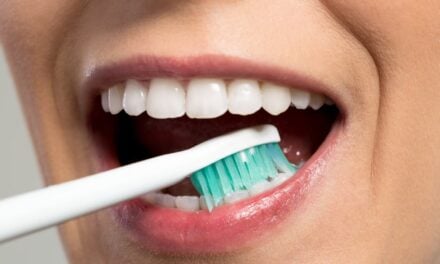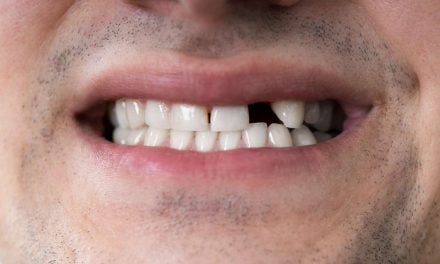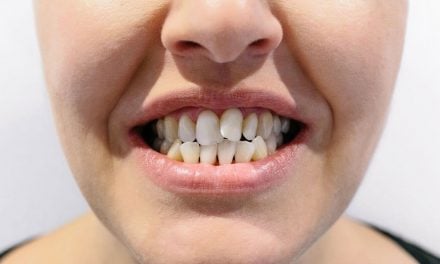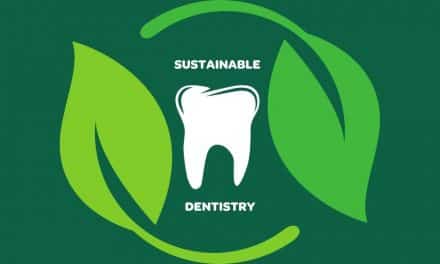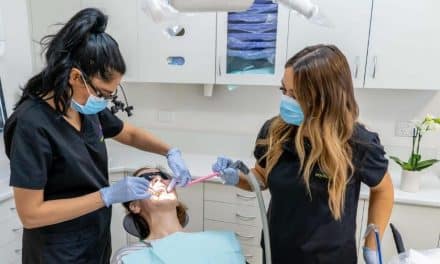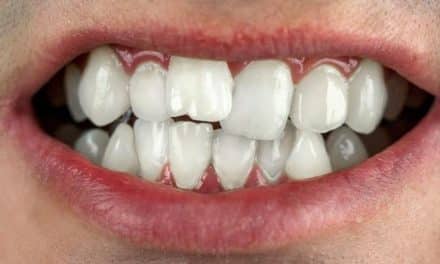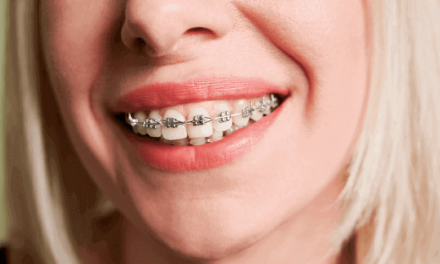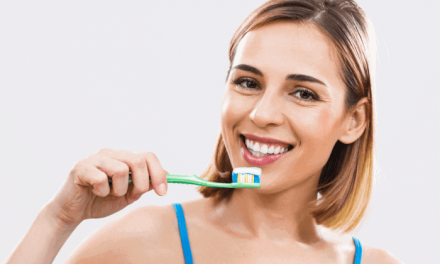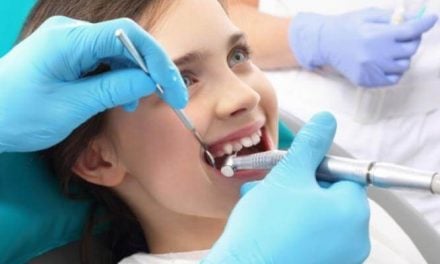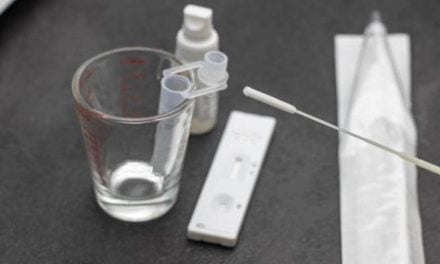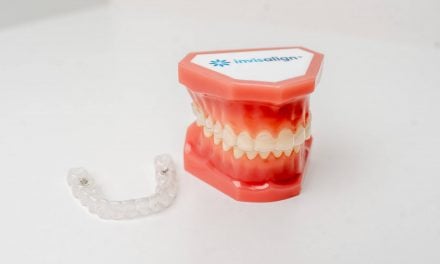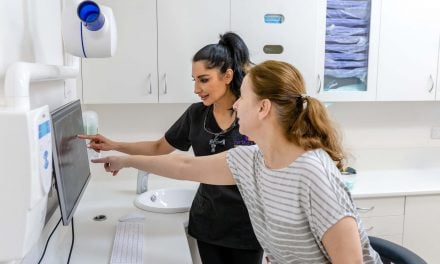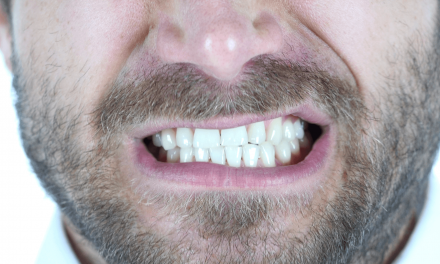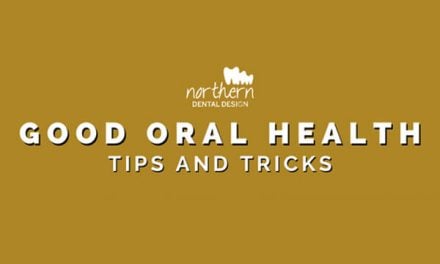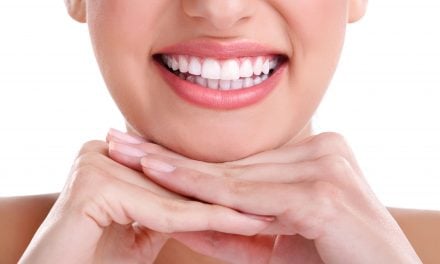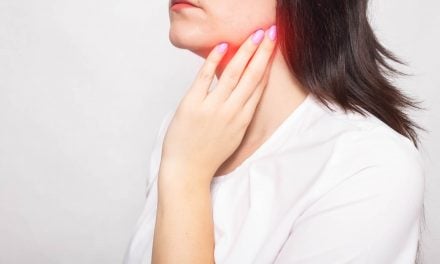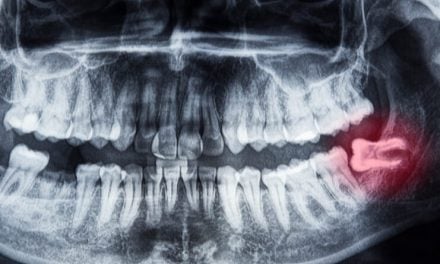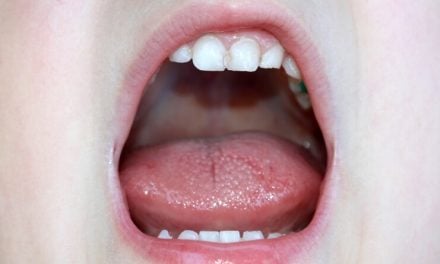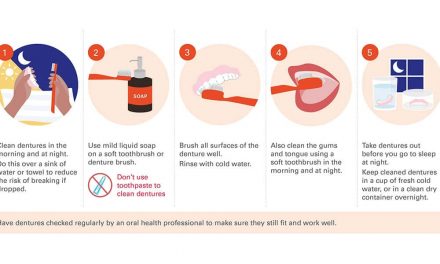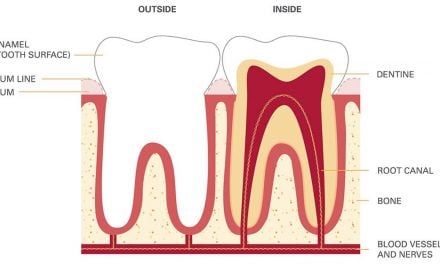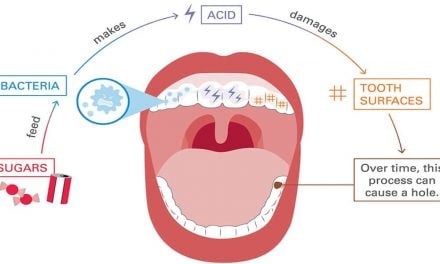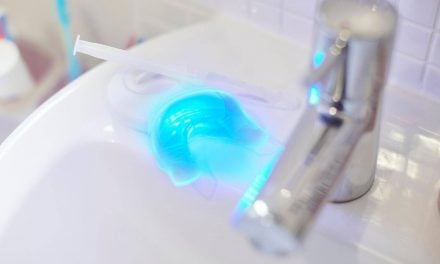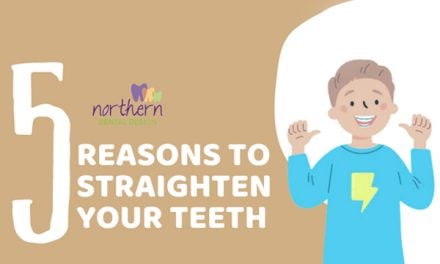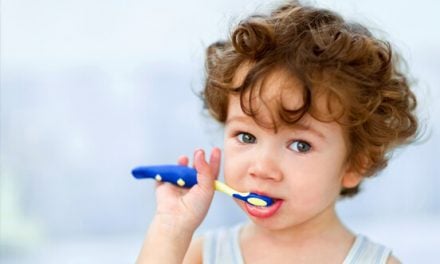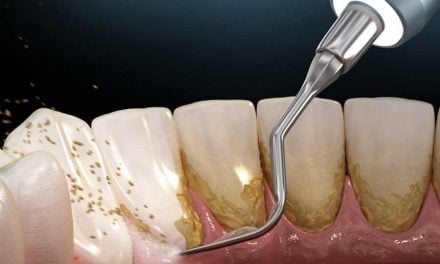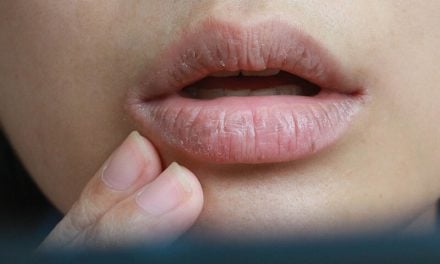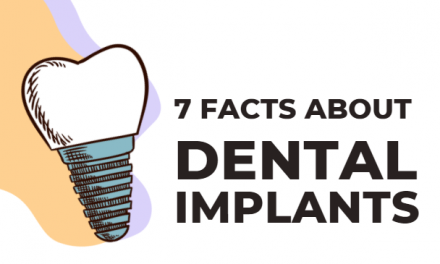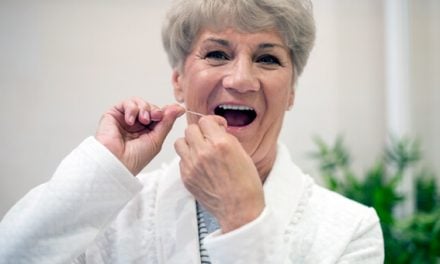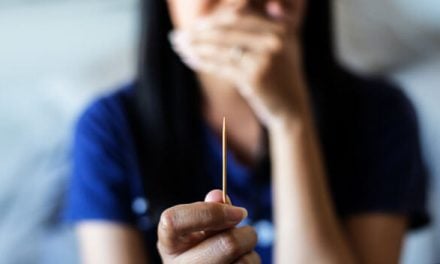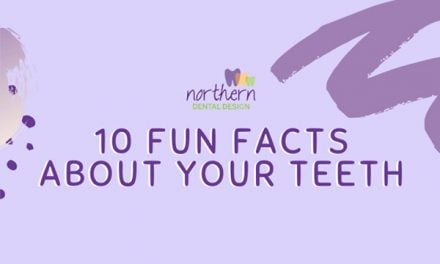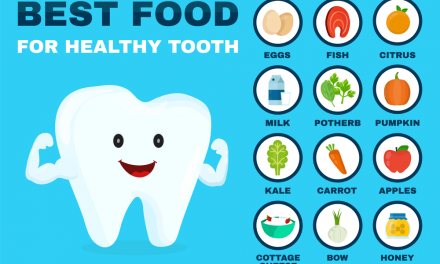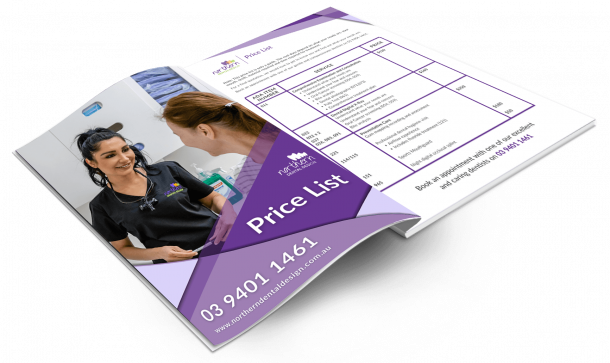Tooth Decay – Young Children

Every child is at risk of tooth decay. The enamel (hard outer layer) is much thinner and softer on baby teeth, making them at greater risk of decay. The good news is that tooth decay is largely preventable.
Baby teeth help children to eat and speak. They also guide the permanent adult teeth into position, so it is important to take care of your child’s teeth right from the start.
Causes of tooth decay in young children
Bacteria in the mouth feed on sugars from foods and drinks. These bacteria produce acid, which damages the outer surface of the tooth (the enamel). Saliva helps to repair this damage, but if over time there is more damage than repair, it leaves a cavity or ‘hole’ in the tooth.
Process of early childhood tooth decay
The tooth decay process is also called ‘caries’. In the early stages, the teeth can develop white chalky areas. In the later stages, teeth have brown or black areas. The upper four front baby teeth are most commonly affected.
Other names used to refer to this condition include ‘nursing bottle caries’, ‘infant feeding caries’ and ‘baby bottle decay. These names are used because the evidence suggests that early childhood caries can occur if babies and infants are settled to sleep with a bottle of milk or formula (or other sweet drinks). Milk can pool in the mouth and the lactose sugar in milk feeds the bacteria that cause decay as the baby sleeps. Saliva flow is low during sleep, and so does not protect against damage.
Early childhood caries might also occur if toddlers drink sweet drinks, such as fruit juices, cordials or soft drinks. Avoid sugary foods and drinks, especially between meals.
Signs of early childhood tooth decay
Early childhood caries develops over time and can be difficult to see in the early stages.
Tooth decay may show as:
- a dull white band on the tooth surface closest to the gum line – this is the first sign and usually remains undetected by parents
- a yellow, brown or black band on the tooth surface closest to the gum line – this indicates progression to decay
- teeth that look like brownish-black stumps – this indicates that the child has advanced decay.
Importance of early detection of tooth decay in young children
In the very early stages, early childhood caries can be reversed with treatment by a dentist or other oral health professional. Unfortunately, because the early stages can be difficult to see, in most cases early childhood decay is not picked up until the later, more serious stages. At this time it cannot be reversed and the child may need major dental treatment.
Check your child’s teeth regularly. If you see anything unusual, make a dental appointment.
Preventing tooth decay in young children
You can help prevent tooth decay in young children by introducing healthy eating and good cleaning habits early on.
Good feeding habits help to prevent tooth decay
To prevent tooth decay:
- When your baby has finished feeding, remove them from the breast or bottle.
- Don’t put the baby to bed with a bottle.
- Never put sweet drinks in a baby’s bottle.
Start teaching your child to drink from a feeding cup from about six months of age. By around 12 months, they should be drinking only from a cup.
For children over 12 months, water is the main drink. Plain full-fat milk is also a healthy drink choice. Children can drink low-fat milk from two years of age. Fruit juice is not necessary or recommended for children because of its high sugar content and acidity.
Children can start to eat solid foods from around six months of age. Offer a wide range of nutritious foods with a variety of textures and flavours.
Also:
- Never dip dummies in sweet substances, such as honey, jam or sugar.
- Ask for sugar-free medicines if possible.
- Look in your child’s mouth regularly to spot early signs of decay.
Cleaning teeth helps to prevent tooth decay
Cleaning or brushing your child’s teeth helps remove the bacteria that cause decay.
- Start to clean your baby’s teeth as soon as the first tooth comes through. Use a wet cloth or a small children’s toothbrush with water.
- From 18 months to six years of age, use a small pea-sized amount of children’s low-fluoride toothpaste on a small, soft toothbrush.
- At six years of age, children can use a pea-sized amount of standard fluoride toothpaste.
- If you live in an area that doesn’t have fluoride in the drinking water, ask your dentist about the right toothpaste for your child.
- Brush teeth and along the gum line twice a day; in the morning and at night before bed.
- Children will need an adult to help them brush their teeth until they can do it well by themselves (usually about eight years of age).
Dental checks can spot the early signs of tooth decay
It is recommended that children have a dental check by the time they turn two. This may be done by a dentist or other dental professional, or a health professional, such as a maternal and child health nurse or doctor.
Make sure older children continue to have check-ups. Ask your dentist or other oral health professionals how often your child needs to have a dental check-up.
Chalky teeth and risk for tooth decay
About one in six children have ‘chalky teeth. This can look like creamy-brown or very white spots (like the colour of chalk), particularly on the molars (back teeth).
Teeth can become ‘chalky’ if the enamel (tooth surface) doesn’t harden properly when the tooth is forming in the developing foetus. Because these teeth are weaker, they have a much higher risk of tooth decay.
Both the baby molars (which come through at around age two), and the permanent adult molars (which come through at around six years of age), can be affected. If you think your child might have chalky teeth, see a dentist or other oral health professional.
Where to get help
- Your dentist
- Dental Health Services provides public dental services through the Royal Dental Hospital Melbourne and community dental clinics, for eligible people. For more information about public dental services Tel. (03) 9341 1000, or 1800 833 039 outside Melbourne metro
- Australian Dental Association ‘Find a search function or Tel. (03) 8825 4600
- Your maternal and child health nurse
Click here for the original article.
DISCLAIMER:
The content has been made available for informational and educational purposes only. Northern Dental Design does not make any representation or warranties with respect to the accuracy, applicability, fitness, or completeness of the content.
The content is not intended to be a substitute for professional personal diagnosis or treatment. Always seek the advice of your dentist or another qualified health provider with any questions you may have regarding a dental or medical condition. Never disregard professional advice or delay seeking it because of something you have read or seen on the Site.

